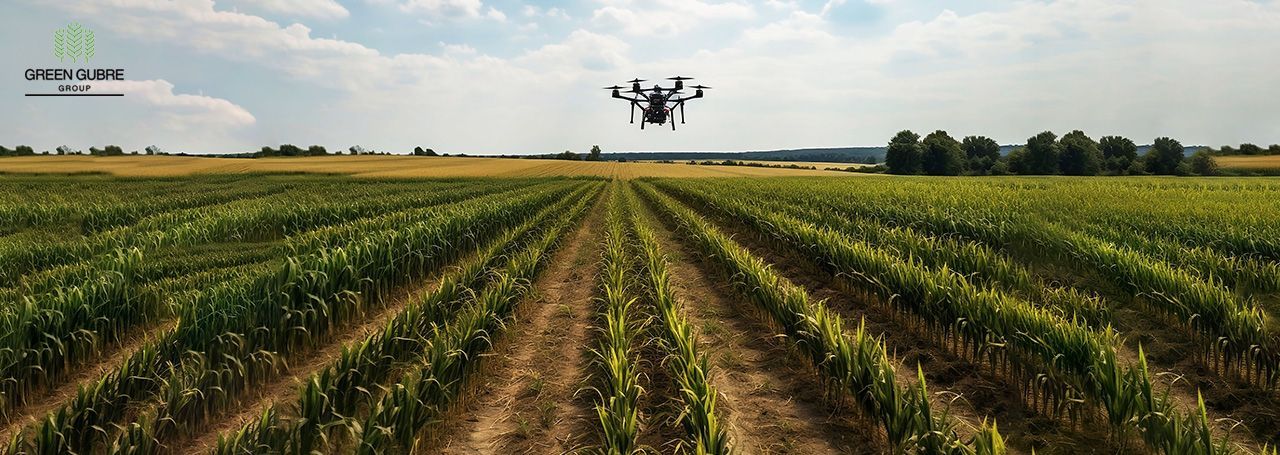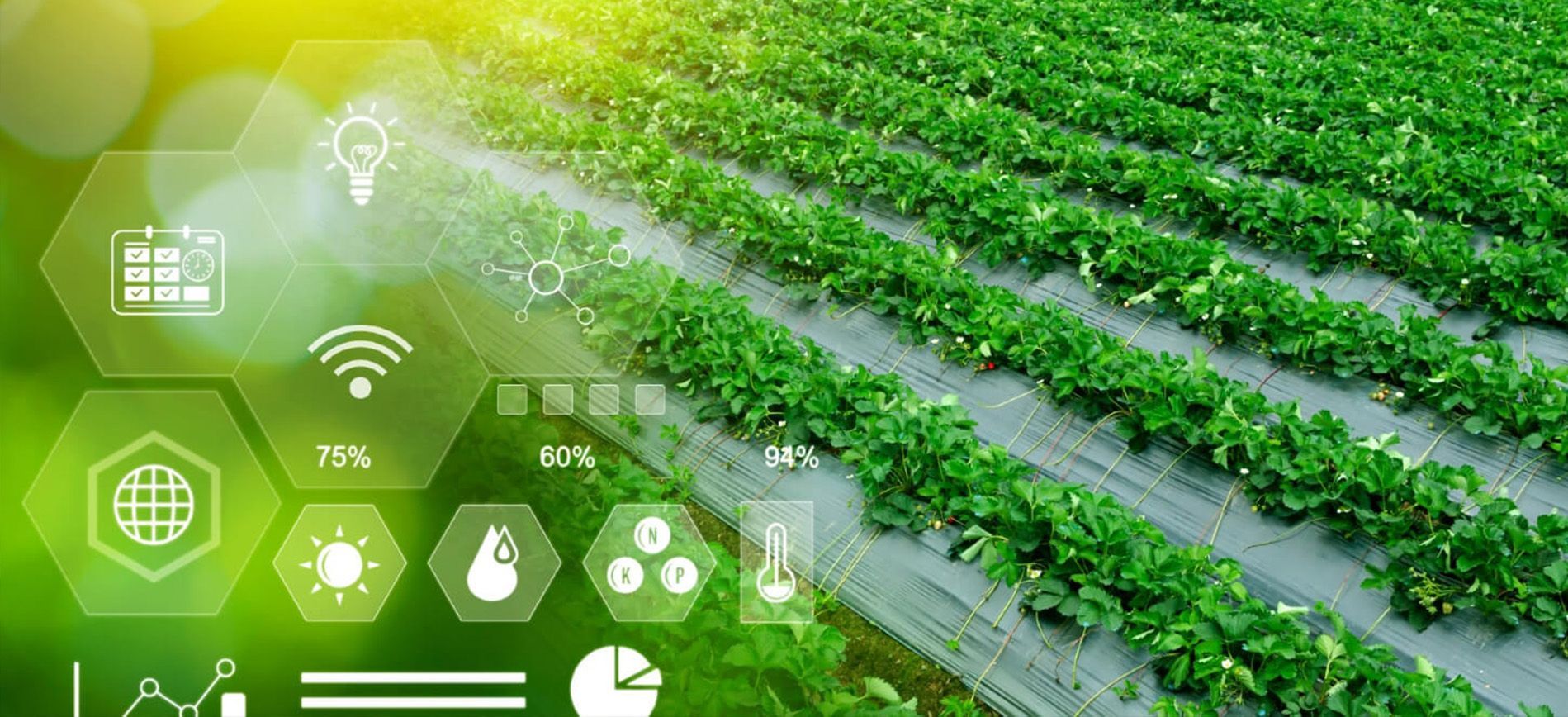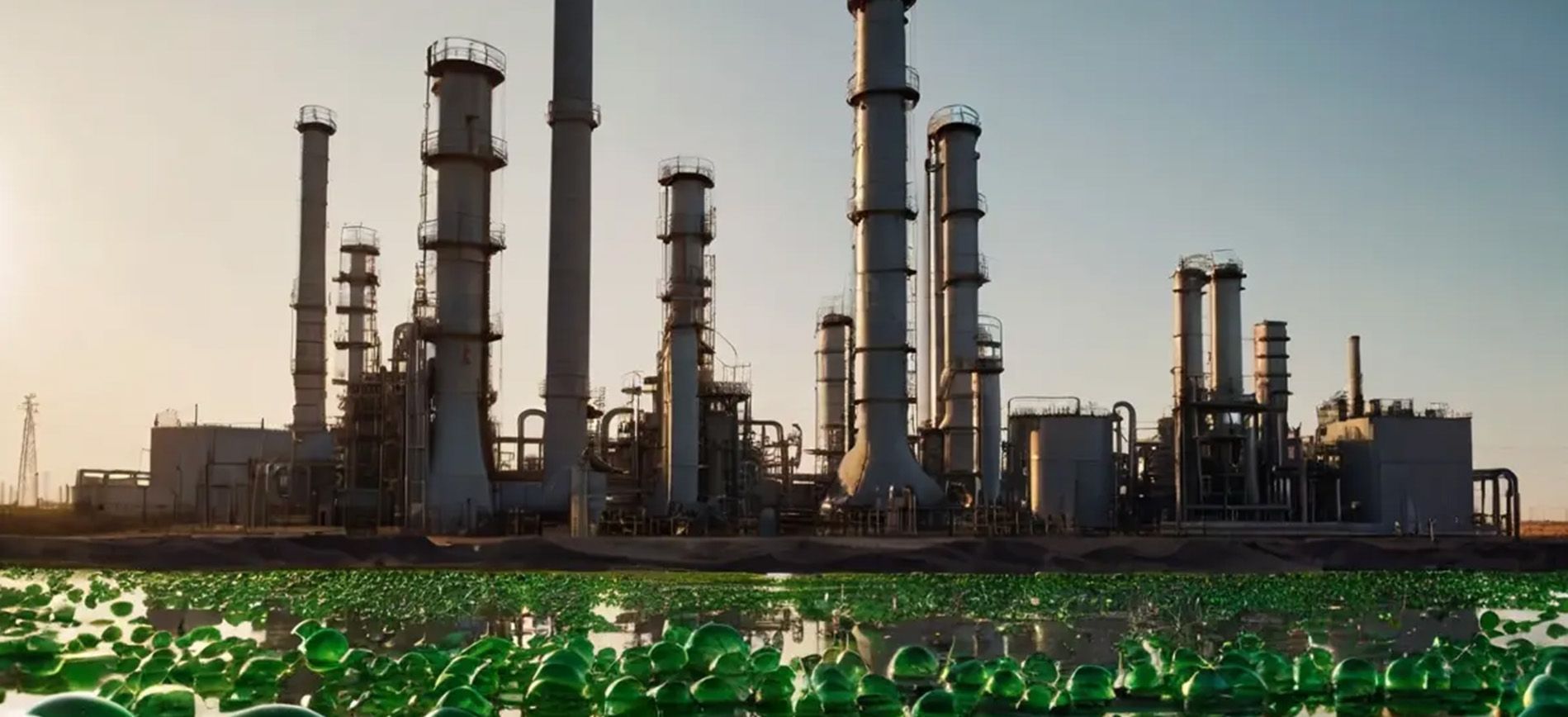Exploring the Role of Fertilizers in Precision Agriculture
Exploring the Role of Fertilizers in Precision Agriculture

Precision agriculture is transforming farming practices by leveraging technology to optimize inputs, such as fertilizers, based on real-time data and soil analysis. This approach allows farmers to apply fertilizers more accurately, ensuring that crops receive the right amount of nutrients at the right time. In this blog, we explore how fertilizers like Urea 46% and NPK fertilizers play a crucial role in precision farming, helping farmers increase yields, reduce costs, and promote sustainable agricultural practices.
1. What is Precision Agriculture
Precision agriculture, also known as precision farming, is a data-driven approach to managing agricultural inputs, including water, fertilizers, and pesticides. Using technology such as GPS, remote sensing, soil sensors, and drones, precision agriculture allows farmers to monitor crop health, soil conditions, and environmental factors in real-time. This data helps farmers make informed decisions about when and how to apply fertilizers and other inputs, improving efficiency and productivity.
2. The Role of
Fertilizers in Precision Agriculture
Fertilizers are a critical component of precision agriculture, providing essential nutrients like nitrogen, phosphorus, and potassium to crops. Precision farming technologies enable farmers to apply fertilizers with pinpoint accuracy, reducing waste and ensuring that nutrients are delivered exactly where they are needed:
- Variable Rate Application (VRA): Fertilizers like Urea 46% and NPK can be applied using VRA technology, which adjusts the amount of fertilizer applied based on soil nutrient levels, crop growth stage, and other factors. This prevents over-application and ensures that plants receive the right nutrients to thrive.
- Soil-Specific Nutrient Management: By analyzing soil samples and mapping nutrient deficiencies, precision agriculture allows farmers to tailor fertilizer application to specific areas within a field. For example, certain areas may need more nitrogen, while others require additional potassium. This targeted approach maximizes crop yields while minimizing nutrient runoff and environmental impact.
3. Advantages of Using Fertilizers in Precision Farming
- Increased Efficiency: Precision agriculture ensures that fertilizers are used more efficiently, reducing the overall amount required while boosting crop yields. This leads to cost savings for farmers and more sustainable use of resources.
- Environmental Benefits: By applying fertilizers only where they are needed, precision agriculture helps reduce nutrient runoff into water bodies, decreasing the risk of water pollution and eutrophication. Additionally, more efficient fertilizer use reduces greenhouse gas emissions associated with fertilizer production and application.
- Improved Crop Health: Precision agriculture technologies allow for real-time monitoring of crop health, enabling early detection of nutrient deficiencies. This ensures that fertilizers can be applied promptly to address any issues, promoting healthier and more resilient crops.
4. Case Study: Precision Application of Urea 46% in Wheat Farming
In wheat farming, Urea 46% is a popular nitrogen fertilizer that can significantly boost yields when applied correctly. Using precision agriculture technologies such as soil sensors and drone imagery, farmers can determine the exact nitrogen needs of their wheat crops. By applying Urea 46% through variable rate application, farmers can ensure optimal nitrogen levels throughout the growing season, improving wheat quality and yield while reducing nitrogen waste.
5. The Future of Fertilizer Use in Precision Agriculture
As technology continues to evolve, precision agriculture is expected to become even more advanced. Innovations such as artificial intelligence (AI) and machine learning (ML) will allow for more precise predictions of fertilizer needs, while new fertilizer formulations are being developed to enhance nutrient uptake and reduce environmental impact. The future of precision agriculture holds great promise for increasing global food production while promoting sustainable farming practices.
Conclusion
Fertilizers play a vital role in precision agriculture, enabling farmers to optimize nutrient management and achieve higher crop yields. By integrating technologies like variable rate application and soil monitoring, precision agriculture ensures that fertilizers like Urea 46% and NPK fertilizers are applied efficiently and sustainably. As the agricultural sector continues to embrace precision farming, the role of fertilizers will become even more crucial in supporting global food security and environmental sustainability.




